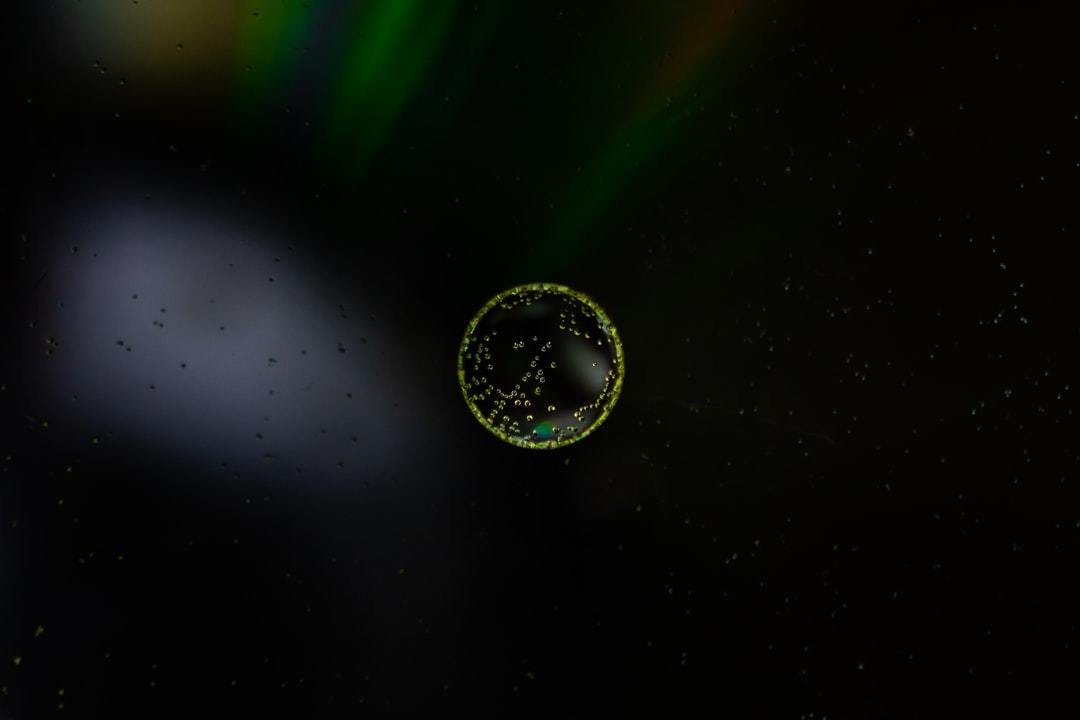Vital Facts about Celiac Disease that You Have To Know

Celiac disease is the inflammation of the small intestines because of gluten. Celiac disease takes as long as years for adults to heal, but children take a maximum of six months to recover. Please, know the following facts about celiac disease.
Check out more details on this page where doctors use serology testing and genetic testing to diagnose celiac disease. In genetic testing, one is free from celiac disease when he or she has no human leukocyte antigens (HLA-DQ2 and HLA-DQ8). The levels of particular antibody proteins are determined through the serology testing to find out if the immune reaction to gluten in taking place or not.
Your body will behave normally when you take food that has gluten before the celiac test hence avoid such foods before the test. Barley, durum, wheat, bulgur, malt, graham flour, rye, farina, and semolina are some of the foods that have gluten. Gluten is also found in medications (mineral, herbal, vitamin, and other nutritional supplements) and non-food products like play dough, modified food stabilizers, preservatives and starch, lipstick products, mouthwash and toothpaste, communion wafers, stamp glue and envelopes.
There are two more tests, endoscopy and capsule endoscopy, that must be carried out on a patient who has celiac disease. The endoscopy test helps the doctor to determine how much the celiac disease has damaged the small intestines by passing a small long tube that has a tiny camera down to your throat via the mouth.
The doctor will give you a vitamin-sized tablet that has a tiny camera in it for you to swallow when you are taken through the capsule endoscopy test so that the doctor can examine the small intestines. The camera takes pictures and sends them to the transmitted recorder as it passes through the digestive tract. The camera is harmless because it comes out of the body painlessly during excretion. To learn more about the vital facts about celiac disease that you have to know, follow this link: https://umbrella-scientific.
Common signs and symptom of celiac disease in adults and children include poor appetite, canker sores inside the mouth, nausea, vomiting and seizers, weight loss, dull skin, short stature, bloating, flatulence, mood swings and irritability, anxiety, irregular periods, infertility or recurrent miscarriage, tingling numbness in the hands and feet, thinning hair, abdominal pain, diarrhoea, and constipation. The doctor will request that you take a skin biopsy test if there are signs of dermatitis herpetiformis in you. In this test, the specialist will take a small skin tissue from you for examination under a microscope.
You can protect yourself from the disease by maintaining gluten and lactose-free diet, use multivitamins and eat foods that are enriched in calcium daily and for women who are in the childbearing age bracket, take a lot of folic acids.
Learn more about Non-celiac gluten sensitivity here: https://en.wikipedia.org/wiki/Non-celiac_gluten_sensitivity.
